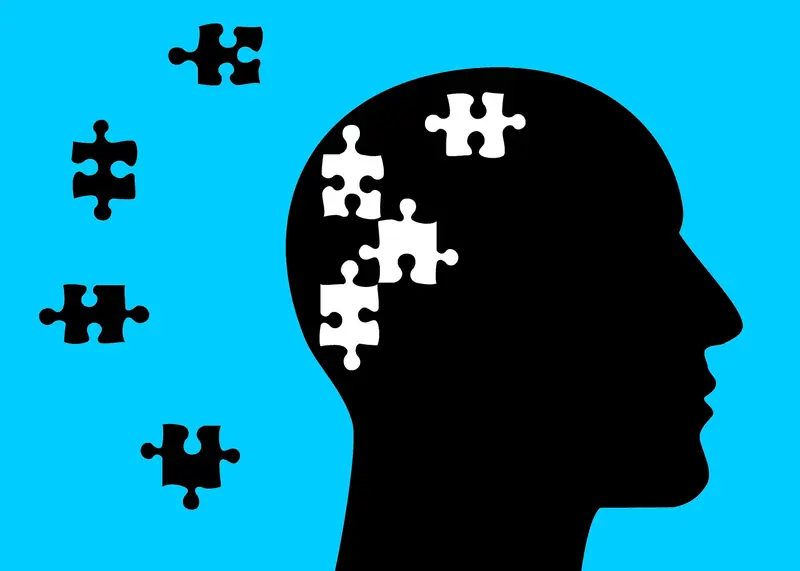
You’ve been commuting home from work along the same route for five years. But lately, as you stop at an intersection, you find yourself struggling to remember whether to turn left or right.
These moments make you wonder: are memory lapses a normal occurrence, a sign of declining cognitive functions, or the onset of dementia?
A Little Forgetfulness is Normal
When this happens repeatedly, it’s easy to think that the cause is age-related decline in our brains. Just like the rest of our bodies, brain cells “shrink” as we get older. They maintain fewer connections with other neurons and store less of the chemicals necessary for sending messages to other neurons.
However, not all memory lapses are linked to aging. In many cases, the reasons are more trivial, such as fatigue, anxiety, or distraction.
Memory experts Oliver Baumann and Cindy Jones from Bond University (Australia) assert that a certain level of forgetfulness is perfectly normal.
Our memory system is designed in such a way that some degree of forgetting is a completely natural phenomenon. It’s not a flaw but rather a feature. Retaining a vast array of information can drain our metabolism, and having too much information can slow down or complicate the retrieval of memories from the depths of our minds.
Unfortunately, we don’t always get to decide what’s important to remember. Our brains do that for us. Typically, they prioritize social information (like political news or the latest gossip) while easily discarding abstract information (such as numbers).
Memory becomes a concern when lapses start interfering with everyday life.
If you can’t remember where to turn on the road, that’s not a big deal. However, if you forget why you’re driving, where you’re supposed to go, or even how to drive, that’s not normal. These are signs of something serious that warrants further examination, according to ScienceAlert.
Mild Cognitive Impairment
The state between age-related memory loss and more severe memory loss is defined as mild cognitive impairment. The degree of impairment can remain stable, improve, or worsen over time.
This condition indicates an increased risk of future neurodegenerative diseases, such as dementia. Each year, about 10-15 percent of people with mild cognitive impairment develop dementia.
Those on this transitional threshold may gradually lose the ability to carry out everyday tasks. The situation can worsen over time. The memory loss process can sometimes be accompanied by difficulties with speech, thinking, and decision-making. Such a diagnosis is a reason to seek evaluation from a specialist.

Early Marker of Alzheimer’s
Memory issues that cause navigation problems are considered an early marker of Alzheimer’s disease—the most common type of dementia. Magnetic resonance imaging (MRI) traditionally shows that the areas of the brain responsible for recalling our spatial environment are the first to suffer from this degenerative disease.
Thus, increasingly frequent memory lapses may serve as a warning sign of more pronounced difficulties in the future.
Experts emphasize that if memory lapses are persistent, it’s essential to seek help from a doctor. Early detection of the problem will enable the specialist to more effectively address the disorder.
